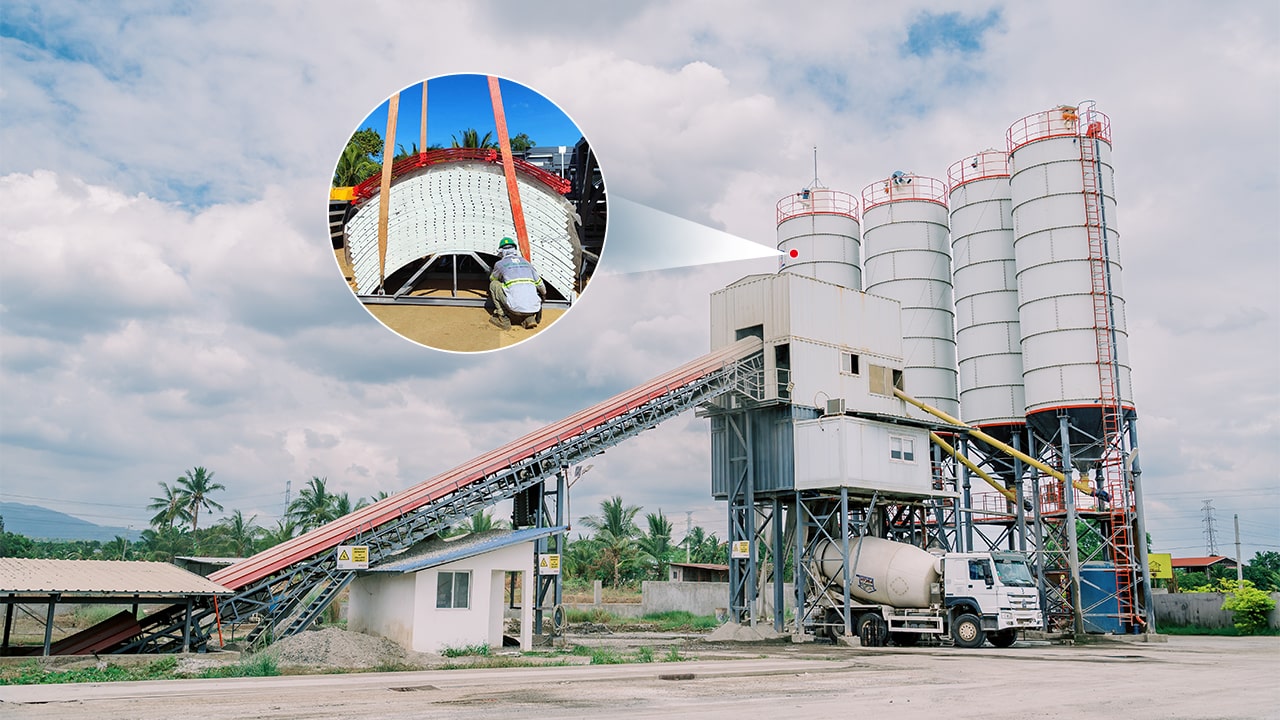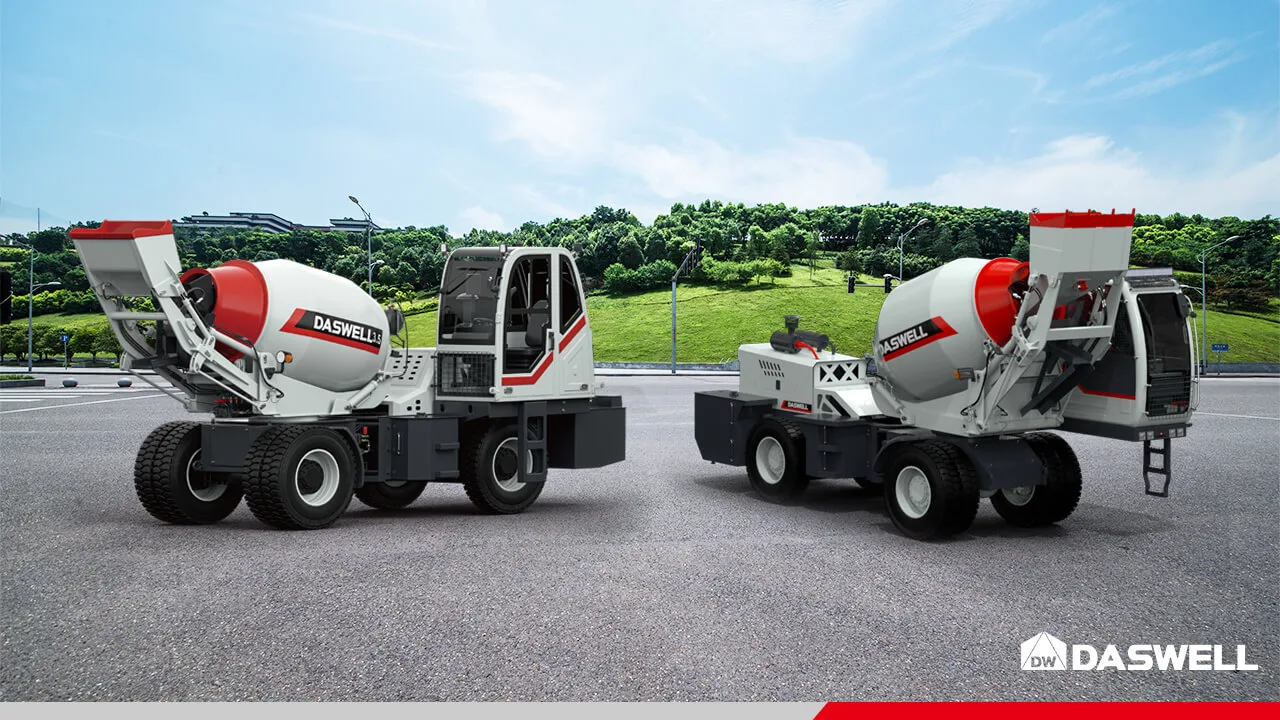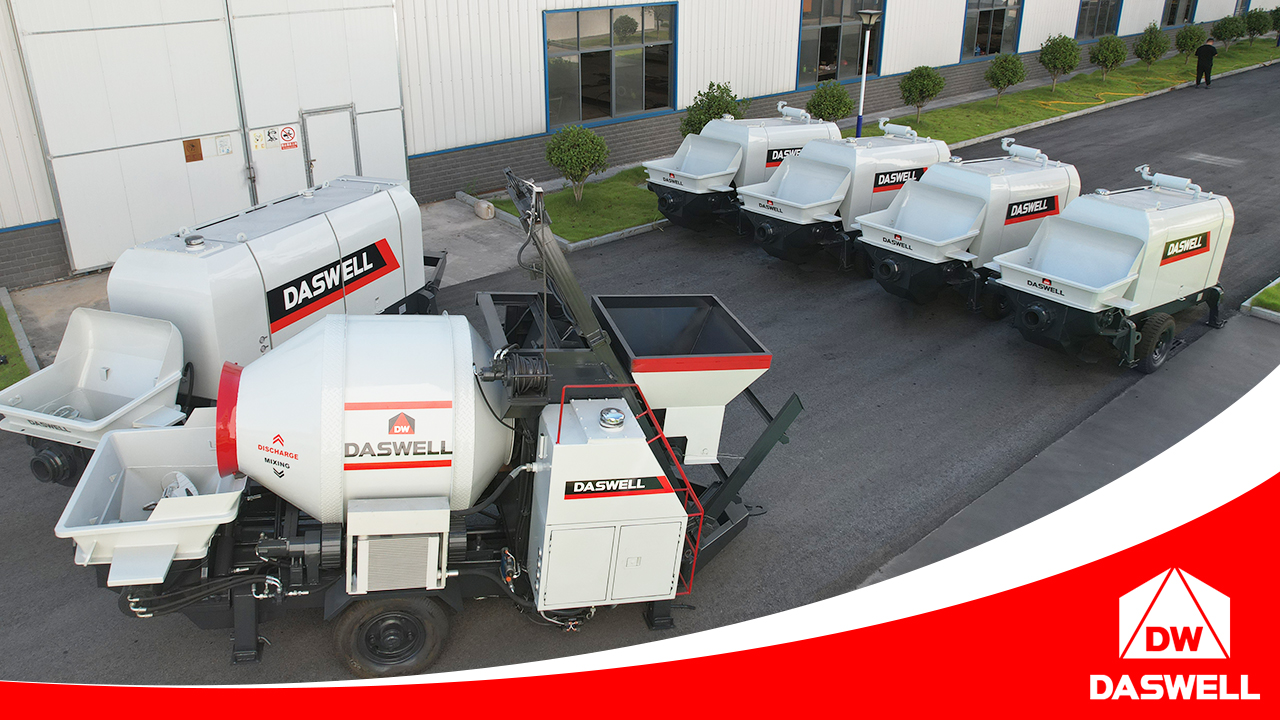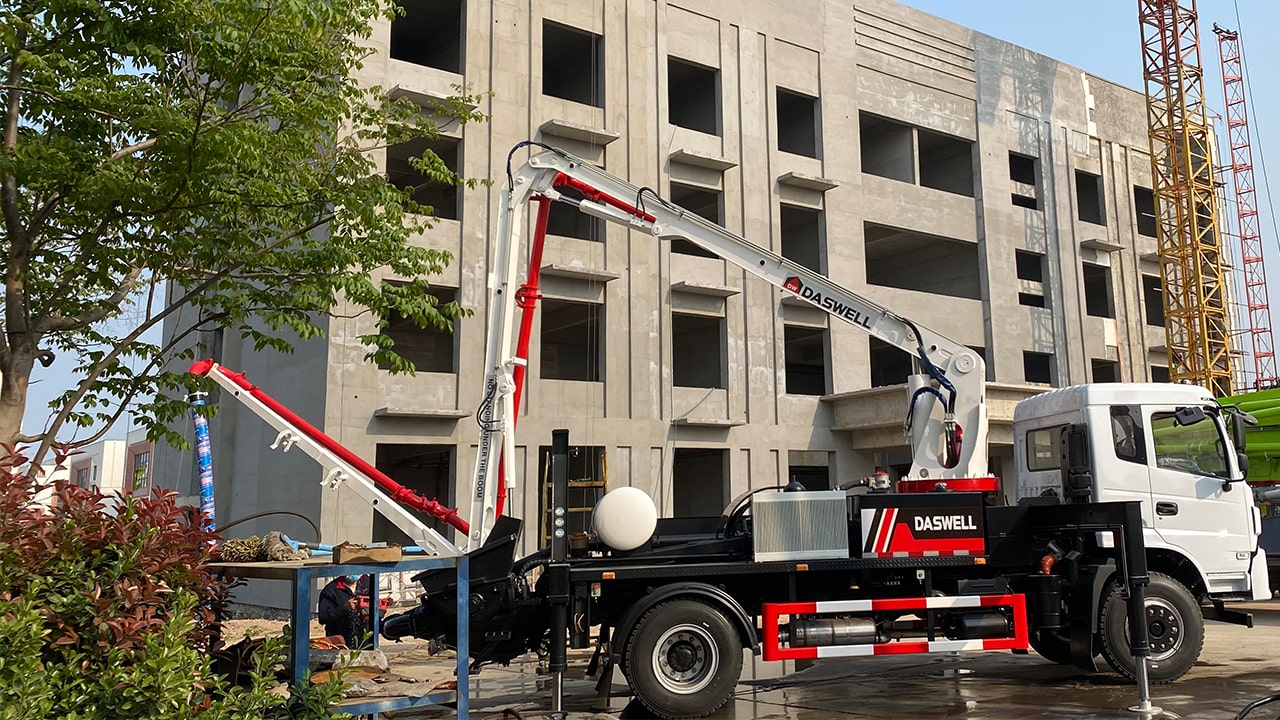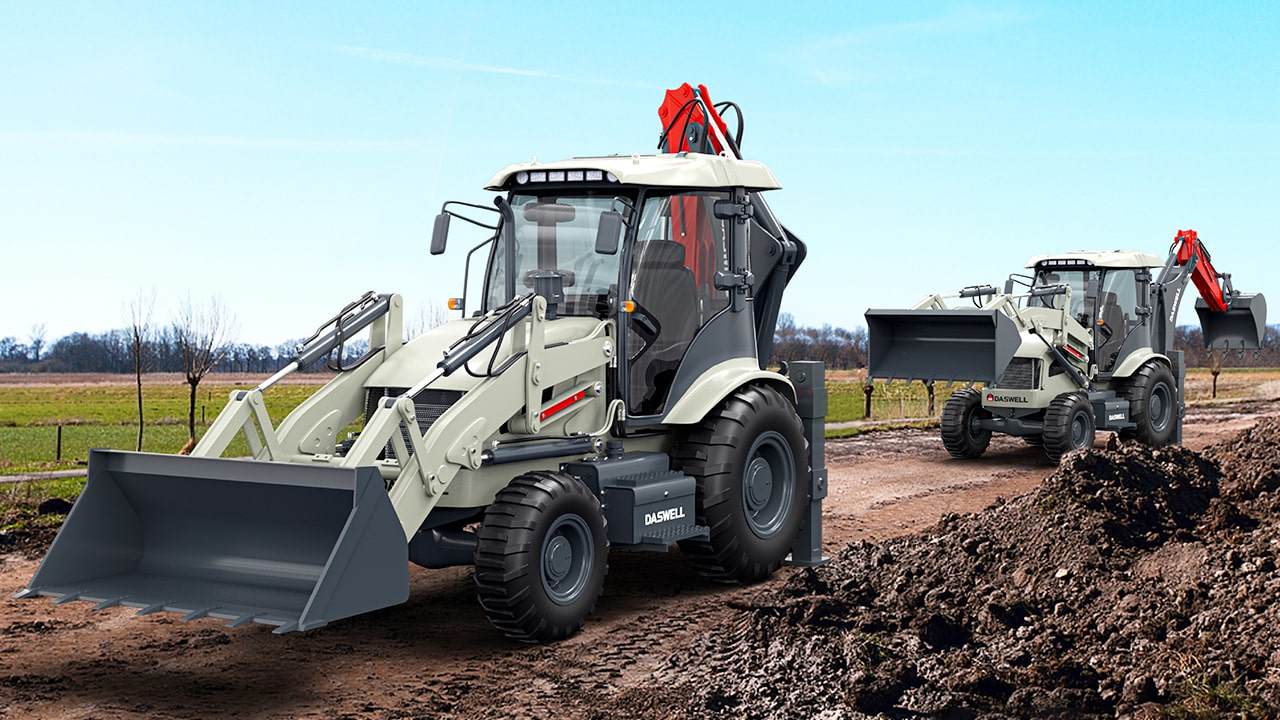Why water Content is Important for Concrete?
For your concrete producing and pouring projects, you may know there are some problems during the working process. For example, there may be some cracks, surface dust or weak finish. What is the root cause?
Generally, the water content is key. Improper water content is the most common problem of the concrete. If the water content is too much, it may destroy the concrete strength. While the too little water may ruin the workability of the concrete. The concrete quality depends on the mastering this balance. Here you can know more information about the water content controlling.

Why water is important for your concrete project?
Concrete is a combination of rugged aggregate, sand and sturdy cement powder. Water is necessary for you concrete mixing. You can not make concrete without water. It can initiate the chemical reaction known as hydration. It turns the dry, gravelly mixture into concrete. The amount of water you use, is often measured as the water-cement ratio. It is the ultimate dictator of your concrete’s final strength, durability, and appearance.
Too much water may create a disaster. It seems easier for you to pouring. But the concrete’s strength will be decreased. When the excess water evaporates, there will be empty pores and tunnels leaved behind. The concrete will become weak and porous. And this may lead to cracking, dusting, and scaling.
If the water is too little, there will be a different struggle. Too little water makes the concrete mix becomes stiff and unworkable. Thus, you can not consolidate it properly. This will cause honeycombing and cold joints. For your pumping and pouring, it is a big problem. And your projects can not be finished.

It is important for you to control the water content of concrete. You had better use the minimum water for workability. Too much or too little may cause problems. Proper water content can protect the concrete’s strength and your profit.
What are the effects of water content for concrete?
It directly dictates ultimate strength of concrete
It is the most crucial relationship for you to understand. The water-cement ratio is inversely proportional to the compressive strength of your concrete. In simple terms, the more water you add, the weaker the concrete becomes.
The cement particles can only hydrate with a specific amount of water. When you add excess water, it will not react with the cement. Instead, it may remain trapped in the paste. Eventually, this free water evaporates, leaving behind a network of microscopic pores and capillaries. These empty spaces will create weaknesses. And under load, these cracks can easily propagate through these porous pathways.
It seems like that the too wet mix will be easy for placing. But you are literally sacrificing its long-term strength for short-term convenience.
It determines the durability and longevity of concrete

Your concrete doesn’t just need to be strong. It also needs to withstand the test of time. Excess water is the primary enemy of durability. Those same pores left by evaporating water become highways for destructive agents. For example, in cold climates, water will seep into the pores. When it freezes, the concrete will expand, creating immense internal pressure. And then it causes cracking and surface flaking.
By controlling the water content, you can produce a denser, less permeable concrete.
It influences cracking and shrinkage
Generally, almost all the water you add to the mix will eventually leave. They will leave through evaporation or be consumed in hydration. As these water leave, the concrete volume will also reduce. This process is known as drying shrinkage.
The more water you add, the greater the potential for shrinkage. This may create tensile stresses within the concrete. If these stresses exceed its tensile strength, the concrete will crack. Controlling the water content is the first and most effective line of defense against unsightly plastic shrinkage cracks. Meanwhile, it also prevents long-term drying cracks.

How can you control the water content for excellent concrete manufacturing?
Controlling water content not means using as little as possible. It is about using the exact right amount for your specific application. Here you can learn it more.
Knowing your water-cement ratio
It is essential for you to knowing the water-cement ratio. The w/c ratio is the weight of water divided by the weight of cement in the mix. For most structural applications, the w/c ratio of 0.45 or lower is ideal for high strength and durability. For your footings and slabs on grade, a ratio of 0.50 to 0.60 is more common. For your concrete batching requirements, Daswell has complete weighing and storing systems for you to batch the aggregates and water conveniently.
Using a superplasticizer
This is a modern solution to the water dilemma. The superplasticizers are chemical admixtures, which you can add to the mix. The main function od the superplasticizer is dispersing the cement particles. This can make the concrete highly fluid and workable without adding extra water. With this material, you can achieve a very low w/c ratio. And the strength will be high. Meanwhile, the concrete mix is still applicable and easy for placing. This is a good choice for you to use the superplasticizer.
Measuring everything precisely
It should be mentioned that you had better not add water by guesswork. This is the most common mistake on the job site. If you are mixing concrete yourself, please use a calibrated bucket to measure water. If you choose ready-mix concrete, and when the transit mix truck arrives, the concrete looks too stiff. Please consult with the driver before adding water. The driver of transit mix truck are trained to add water in controlled amount while maintaining mixer rotation. If you are the ready-mix concrete factory, you can choose Daswell concrete batching plant, it can measure the aggregates, water and the additives precisely. Daswell concrete batching plants adopt advanced precision weighting systems. With our batching plant, it can not only makes your concrete mixing more convenient, but also guarantees the high strength, superior durability, and flawless finish for your projects.
Considering the moisture of the aggregates

Generally, your sand and aggregate are rarely bone-dry, especially if they have been stored outside. The surface moisture they carry will significant influence your water calculations. Thus, you had better test the aggregates for moisture content. And then you can adjust the amount of mix water you add accordingly. The moisture meter is an essential tool for any serious concrete work.
Protecting the fresh concrete from the elements
After your concrete placing, the environmental factors will change the effective water content. For example, on a hot, windy day, the evaporation can rob the surface of water. It will influence the proper hydration and cause plastic shrinkage cracks. You should control this by erecting windbreaks and sunshades. And it is also applicable for you to misting the subgrade before pouring. It can prevent it from sucking water out of the concrete.
Water is the lifeblood of concrete. It is key for you to control the water content for concrete mixing. By understanding the influence of water-cement ratio and control it, you can get high-quality concrete. It not only makes you concrete pouring more efficiently, but also ensures concrete strength and durability. Besides, excellent concrete guarantees the success of your project for decades to come. Taking control of the water, you can manufacture high-quality concrete for construction projects.
Take Control of Your Concrete Quality with Daswell
For unmatched accuracy and consistency, Daswell concrete batching plants integrate advanced weighing systems that measure every component to exact specifications. This eliminates human error and material variability, delivering batch-after-batch perfection. Whether you’re a ready-mix producer or a large-scale contractor, Daswell equipment helps you maintain optimal w/c ratios, reduce waste, and enhance profitability.

Ready to take absolute control of your concrete quality? Contact Daswell for getting your high-performance concrete batching plants!


